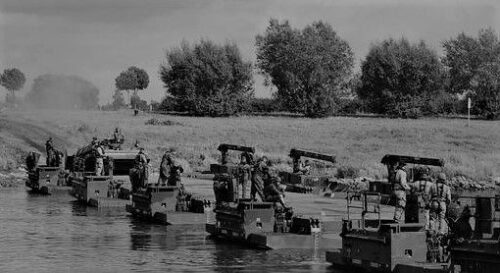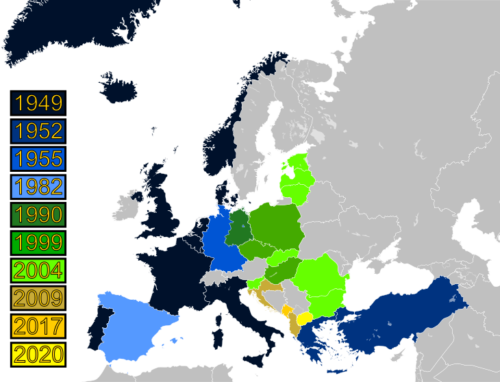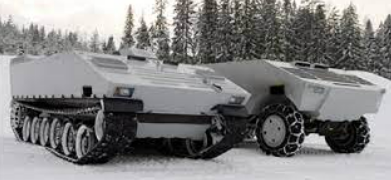Publications
Beyond bin Laden: The Temptations of a Wider War
What Justifies Military Intervention?
Fear Itself: Hazards of Massive Retaliation
(HTML version) by Neta C. Crawford, PDA Guest Commentary, 14 September 2001.
A New US Military Strategy: Issues and Options
Disengaged Warfare: Should we make a virtue of the Kosovo way of war?
Rotocraft for War: Descending on a Military Dilemma
The Paradoxes of post-Cold War US Defense Policy: An Agenda for the 2001 Quadrennial Defense Review
Concepts for Army Transformation: A Briefing for the Transformation Task Force
Bigger Budgets Will Not Cure the Pentagon’s Ills
Can the United States Spend Less on Defense? — Toward a Smaller, More Efficient, and More Relevant US Military
The Armed Forces: “used too much and supported too little”?
Kosovo and the Just War Tradition
Wheels or Tracks? On the “Lightness” of Military Expeditions
U.S. Military-Strategic Ambitions — Expanding to Fill the post-Soviet Vacuum
Europe’s Armed Forces at the Millennium: A Case Study of Change in France, the United Kingdom, and Germany
Evaluating the Post-Cold War Policy of the United States
Don’t Court Disaster In Iraq
Slovenian Security in the European Perspective
Interventionism Reconsidered: Reconciling Military Action With Political Stability
The Coming Transformation of the Muslim World
Alleged ‘Carrier Gap’ is Out to Sea
The Readiness Crisis of the U.S. Air Force: A Review and Diagnosis
Military Strategy Under Review
“’Environment shaping’, the other ascendant element in the new strategy, prescribes a more active peacetime use of military power to influence the course of strategic affairs. It encompasses not only traditional deterrence, but also the goals of discouraging other nations from even trying to compete militarily with the U.S. and of ‘preventing the emergence of a hostile regional coalition or hegemon’ Key to achieving this novel “preemptory” deterrence is the maintenance of a robust U.S. regional presence, a daunting degree of U.S. military superiority, and a technological edge that no prospective competitor could hope to diminish.”
Nato Expansion: Costs and Implications
Maneuver Warfare Principles and Terms
by Carl Conetta, PDA Briefing Memo, 12 March 1998. ⇒ HTML
A brief on the terminology and principles of maneuver warfare as distinct from attrition warfare.

Defense Sufficiency and Cooperation: A US Military Posture for the post-Cold War Era
Dueling with Uncertainty: the New Logic of American Military Planning

Wanting Leadership: Public Opinion on Defense Spending
Future Tense — An Assessment of the Report of the National Defense Panel
From the QDR to the NDP — A Summary of QDR Policy Issues Since May 1997 and the Likely Content of the NDP Report
America’s New Deal With Europe: NATO Primacy and Double Expansion


